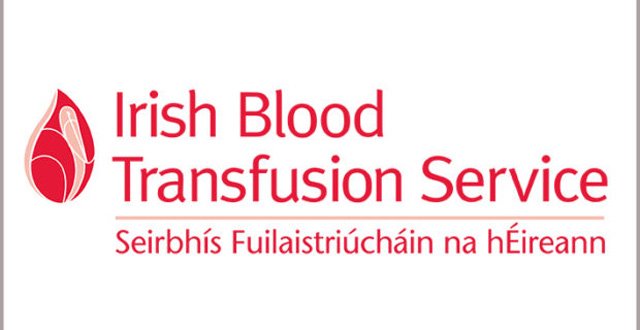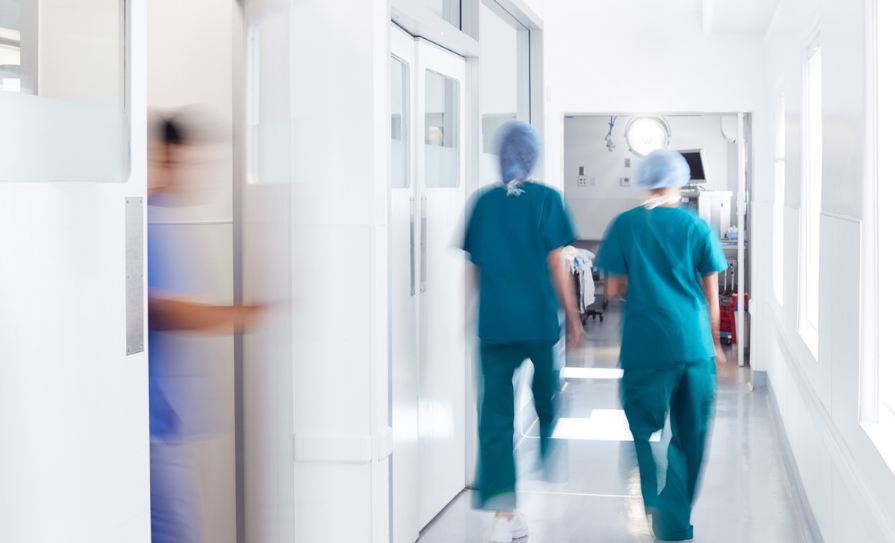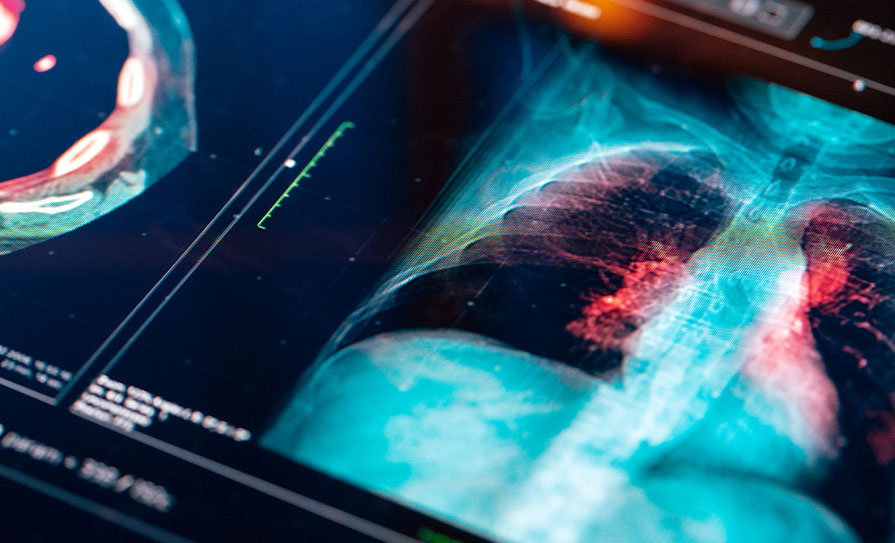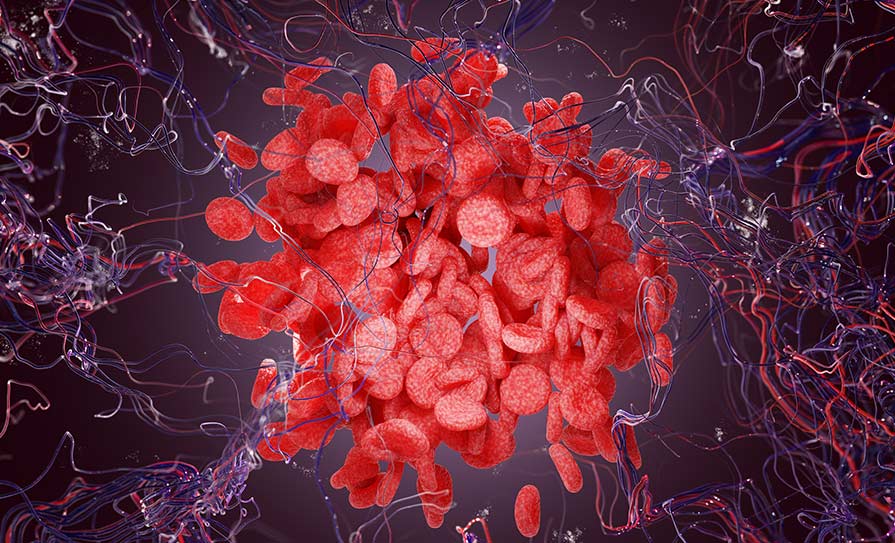New donors declined by 57 per cent last year due to Covid-19 restrictions, according to the 2020 annual report of the Irish Blood Transfusion Service (IBTS).
The report, which has been published, states that to avoid delays on clinic, the IBTS needed to reduce and limit the number of appointment slots available for new donors, and ensure there were enough appointment slots for existing donors.
“The impact of Covid-19 on recruitment of new donors has been significant for the IBTS,” according to IBTS Chief Executive Ms Orla O’Brien.
“The IBTS had to respond quickly to a rapidly evolving situation, introducing an appointments system for donors virtually overnight and maintaining the national blood supply by continuing to operate donation clinics throughout the country in a manner that ensured the safety of our donors and our people. Internally we had to adapt to new ways of working, implementing new work rosters, mobilising hundreds of staff to work remotely, changing roles for some staff, sourcing volumes of PPE, developing and implementing guidelines to support staff, answering hundreds of queries and of course making sure everyone was kept up to date with all the necessary public health and organisation guidance.”
The IBTS had commenced the consultation process for its new strategic plan Connections that Count: Developing the IBTS 2021 – 2025 before the Covid-19 crisis.
Despite the pandemic, work on the strategy development continued and was approved by the IBTS’s board.
“Unfortunately, some traditions could not take place in 2020. Donor awards ceremonies had to be cancelled as a consequence of the Covid-19 public health restrictions,” Ms O’Brien said.
“The first IBTS research anddDevelopment strategy was developed in 2020. The reorganisation of research at IBTS will enable staff to make significant contributions to the scientific literature in the field of transfusion medicine,” said Dr Stephen Field, IBTS Medical and Scientific Director.
“The tissue typing (HLA) laboratory introduced the next generation sequencing (NGS) methodology which provides better resolution of the highly polymorphic and complex HLA genes. This improved and state of the art tissue typing technology will provide for better matching of stem cell donors and patients requiring transplant.
“The virology laboratory has implemented SARS CoV 2 antibody testing which allows characterisation of convalescent plasma. A seroprevalence study on donors throughout the pandemic has also been undertaken and will be published later in 2021. Tests for malaria antibodies have also been validated in this laboratory in readiness for a recruitment campaign for donors of African ancestry many of whom have lived in malaria endemic areas of the world. These donors are required to improve Rh matching of blood required for Sickle Cell patients.
“In 2017 IBTS reduced a permanent deferral to 12 months for men that had sex with men (MSM) and other high risk activities including people with partners from areas with high prevalence of HIV (sub-Sahara Africa). Other blood establishments in Europe and America are making changes to their deferral for MSM and it was felt that this needed to be reviewed in Ireland. A committee with independent members has been convened to review the evidence and make a recommendation to the IBTS,” he added.
In 2020, 73,023 donors gave 123,304 whole blood donations, according to the report.













Leave a Reply
You must be logged in to post a comment.